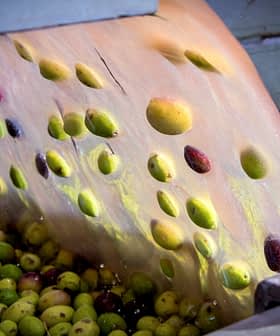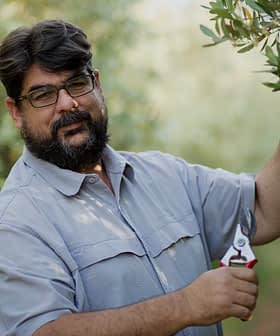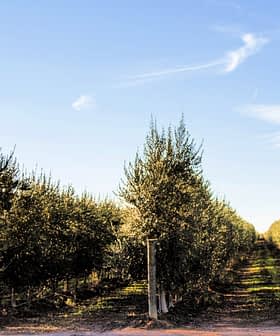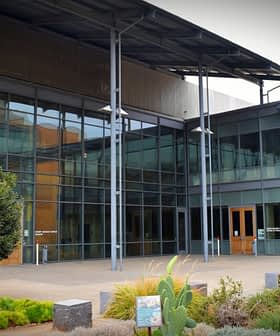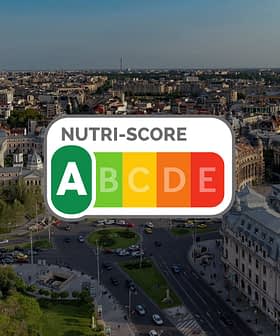Policy Makers, Advocacy Groups Discuss Future of European Food in Brussels
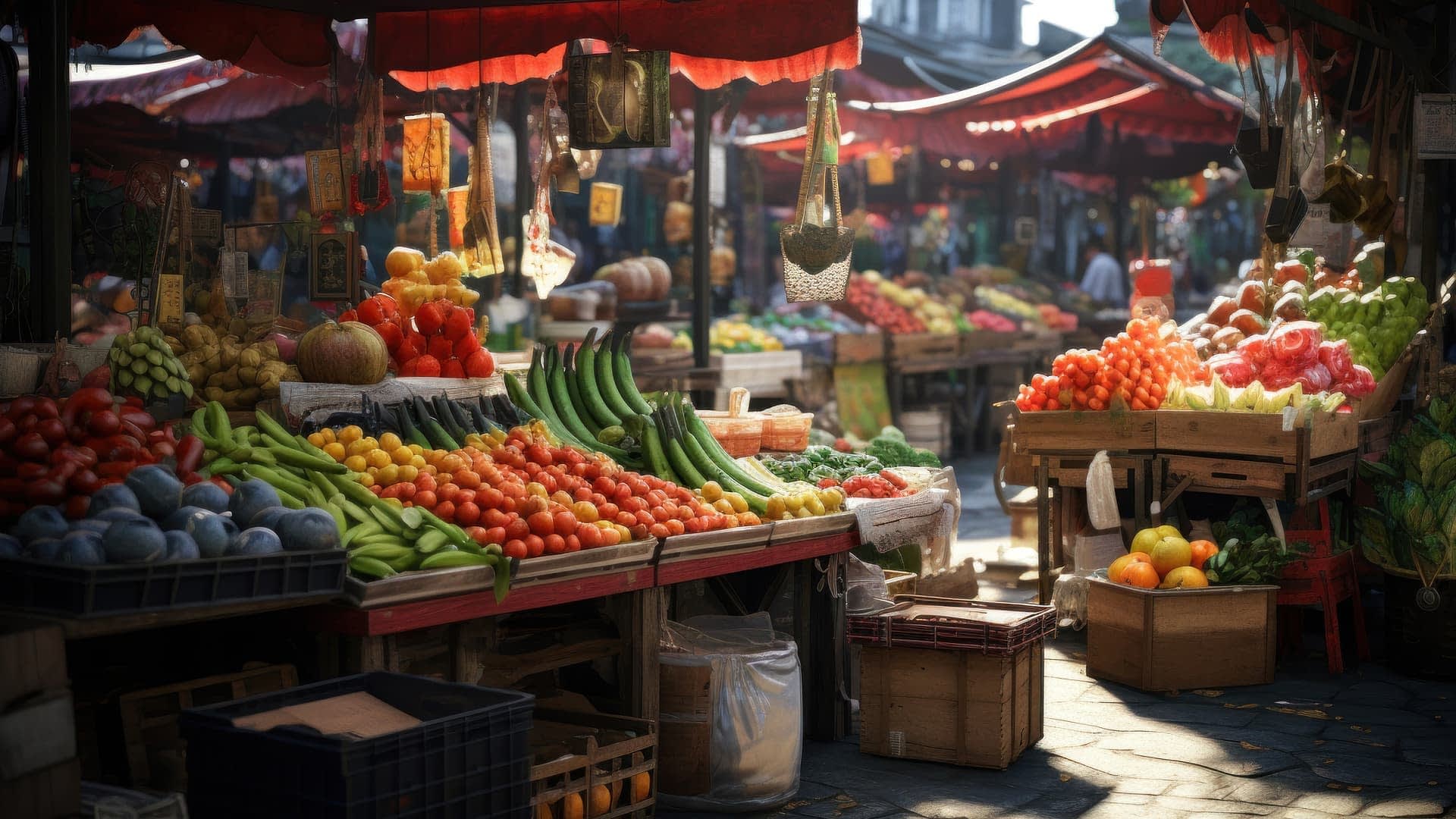
The European Board on Agriculture and Food (EBAF) held its first meeting in Brussels, chaired by Commissioner Hansen, focusing on priorities such as generational renewal and reducing dependency on external inputs. The meeting addressed the need for a shift towards agroecology in the European Union’s agriculture policy, with Slow Food advocating for sustainable practices in olive oil production and promoting the development of the Slow Food Farms network.
The European Board on Agriculture and Food’s (EBAF) first meeting occurred earlier this month in Brussels, chaired by European Commissioner for Agriculture and Food Christophe Hansen.
“Commissioner Hansen highlighted that the forthcoming ‘Vision for Agriculture and Food’ document shall focus on priority areas: ensure a strong generational renewal, make the agricultural sector attractive again and reduce the dependency from external inputs, including the E.U.’s dependency on Russia for fertilizers given the current geopolitical situation,” Marta Messa, secretary general of Slow Food, which is one of the members of the EBAF, told Olive Oil Times.
EBAF, a consultative body with 30 members from across the agrifood chain and civil society, was created in December 2024 as part of the Strategic Dialogue on the Future of E.U. Agriculture. The goal is to improve access to safe, affordable, nutritious food for all and tackle mounting discontent among E.U. farmers.
See Also:Europe and South American Countries Sign Controversial Free Trade AgreementThe meeting comes against a backdrop of low adherence to the Mediterranean diet, which proponents argue is caused by predominant policies and unsustainable global food production systems.
Its supporters see the Mediterranean diet as a logical endpoint for many countries undertaking what is known as the Great Food Transformation, i.e., “the unprecedented range of actions taken by all food system sectors across all levels that aim to normalize healthy diets from sustainable food systems.”
In 2024, the independent Food System Economics Commission published a policy report expressing the urgency of the transformation.
The report details feasible pathways to tackle global climate, nature and health emergencies through a health-enhancing and environmentally sustainable food system. It highlights the enormous economic benefits this shift in production and consumption patterns can offer.
Agrifood systems and their redesign toward sustainable, resilient, and inclusive food systems are at the heart of the European Union’s Farm to Fork Strategy, a key element of the European Green Deal.
However, Messa said European policies, such as the Common Agricultural Policy (CAP), which will expire at the end of 2027, must be revised to promote a more sustainable food system.
“Work is starting on the revision of the CAP, and hopefully, it will go in the direction of supporting the agroecological transition,” she said.
Currently, “eco-schemes are a way to promote positive practices, of working towards recognizing the need to protect and foster agrobiodiversity, which is often overlooked in European policies,” Messa added.
She said Hansen had been tasked with planning a new CAP to account for the possibility of Ukraine’s accession to the E.U.
“In such a scenario, the current area-based payments of the CAP would no longer be feasible,” she said. “But above all, the CAP needs to be revised to ensure the sustainability of farming in Europe over time.”
Slow Food is a global food movement involving farmers, fishers, cooks, food artisans, educators, youth, citizens and all those who believe in good, clean and fair food for all.
“The key is to involve all food system stakeholders in the transition to agroecology, applying a holistic approach” and “the agroecological approach as the main element for the ‘Vision for Agriculture and Food’ would have important consequences at the production, distribution and consumption level,” Messa said.
The principles of agroecology are being applied by many producers and promoted by many organizations and scholars.
In 2024, a review of more than 13,000 publications has yielded valuable insights into the scientific evidence associated with agroecological practices and their socio-economic performance.
“Agroecology is what we need to achieve a shift in food systems,” Messa said. Moreover, “a rebalancing of production would affect the rebalancing of diets as well, an approach which would secure the sustainability of food systems now and in the future.”
As far as olive oil is concerned, “the focus should be put on agroecological olive oil production in agroecological food systems that are environmentally also sustainable,” she added, also taking “the influence of the climate crisis and its impact on the production of olive oil and of many other crops” into account.
Indeed, “scientific evidence at the basis of the need to rebalance production (between animal and plant-based) and consumption was also discussed during the strategic dialogue,” Messa noted.
She highlighted that agroecological practices could be implemented at local and regional levels to safeguard sustainable olive oil production and avoid or reduce the crop’s vulnerability to pests and diseases, such as Xylella fastidiosa.
So far, Slow Food’s olive oil farm projects have been centered in three countries: Italy, Spain and Turkey.
“We launched the Slow Food Farms initiative, rooted in agroecological principles, to elevate and support farmers who are engaging in the agroecological transition so that they may have an opportunity to promote and sell their products through the existing Slow Food network,” Messa said, “Developing the Slow Food Farms network is our current priority, to support all those engaged in the agroecological transition.”
Slow Food has already developed successful Slow Coffee and Slow Wine coalitions, collaborative networks to encourage sustainable agroecological farming practices within the international coffee and wine chains.
Messa said developing an olive oil coalition would be a “wonderful” addition to the Slow Food cause.
“Establishing partnerships with actors sharing a common vision would, however, be a prerequisite,” she said, underlining the value and viability of creative collective agency.
Researchers argue that despite resistance to change, the agrifood system needs to be reconfigured to transition to a sustainable and resilient post-growth system.
Finding common ground among the different actors when addressing complex and fundamental issues as part of the decision-making process that will shape future E.U. agricultural policy directions will also mean keeping the promotion of affordable, healthy dietary patterns as an expression of local cultural identity in mind.
EBAF may offer a unique opportunity to do just that.
